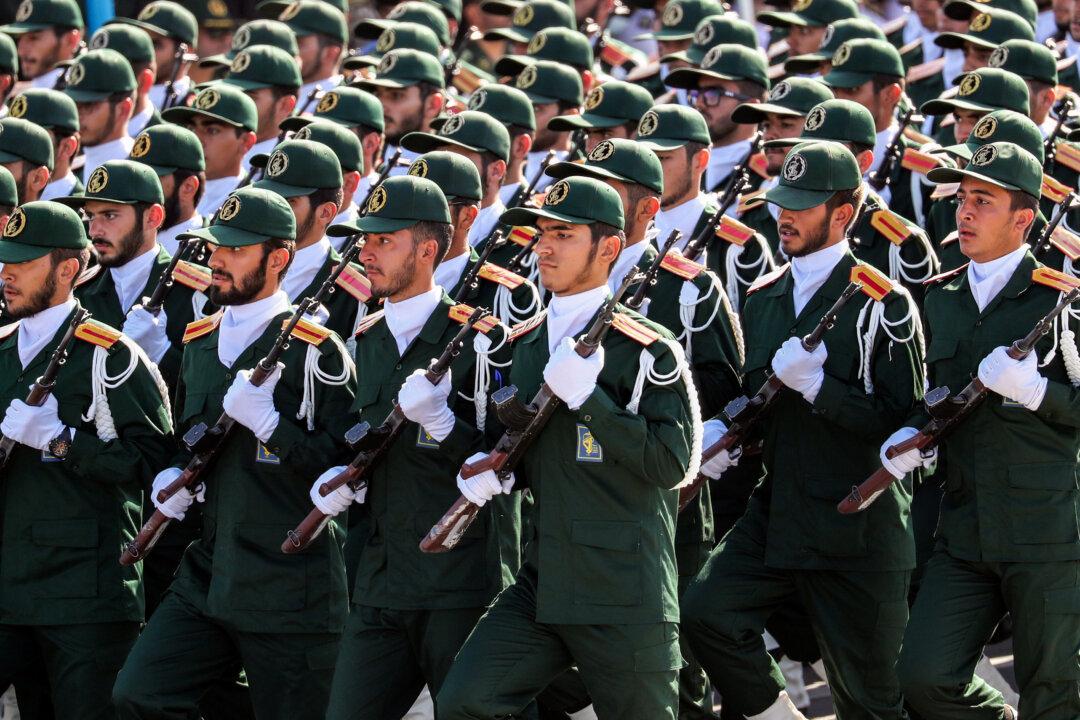The British government’s failure to add Iran’s Revolutionary Guards to the list of proscribed terrorist organisations following the executing of a British national, Alireza Akbari, at the weekend is another example of the “weakness” of the government’s policy of “appeasement,” according to an expert on Iran.
On Monday, British Foreign Secretary James Cleverly told Parliament in a debate on Akbari: “Let there be no doubt, he fell victim to the political vendettas of a vicious regime. His execution was the cowardly and shameful act of a leadership which thinks nothing of using the death penalty as a political tool to silence dissent and settle internal scores.”





